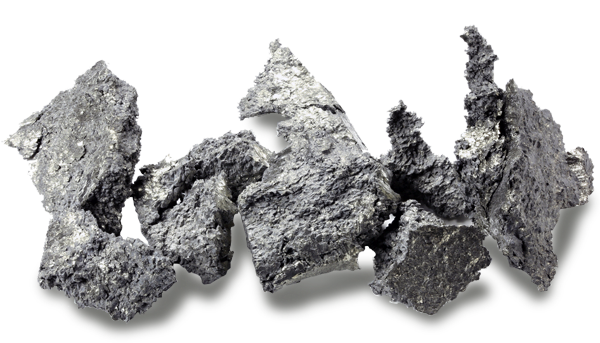Zimbabwe the alternative rare earth global supplier?

Zimbabwe could become an alternative rare earth element’s biggest global supplier as the US-China trade war intensifies, Mining Zimbabwe can report.
Rudairo Dickson Mapuranga
Zimbabwe sits on bountiful and lucrative deposits of rare earth minerals, reports have in that Zimbabwe’s deposits could be second after China although exploration activities on these minerals are still to be concluded, rare earth are now widely used in automobiles, electronic equipment and other fields.
Early this year, China Central Television’s military channel reportedly said that the US was planning to use law from the 1950s to ‘militarise’ rare earth production in the US in an effort to frustrate Chinese monopoly on the supply of these minerals globally.
The US President Donald Trump reportedly signed an executive order declaring a ‘state of emergency’ and authorising the use of the National Defense Production Law to accelerate the development of mineral resources. This law was used earlier this year to speed up the production of medical supplies to manage the coronavirus epidemic.
Rare earth minerals are important in military technology, reports have it that, to manufacture an F-35 Fighter jet it takes about 417 kilograms of rare earth and 4 tonnes of rare earth minerals to manufacture a Virginia-class nuclear submarine.
It has been reported that 80 percent of the US rare earth mineral products are imported from China, the US although it produces its own rare earth minerals in California, it has been reported that they are shipped to China for processing.
Rare earth elements used in batteries and electronic devices are some of 35 minerals that the US government considers vital to the economy and national security. Of the 35 key minerals, 14 are not produced in the United States due to the war between the US and China, Zimbabwe might become an alternative in the supply of the other 14 elements.
The position for Zimbabwe in becoming an alternative rare earth global exporter has been further cemented when China early this month implemented its Export Control Law on which is likely going to have a major impact on the rare earth sector.
The law stipulates that the state will implement export control on dual-use items such as military products, nuclear, and other goods, technologies, services, rare earth and other items related to national security and interests, and fulfilling international obligations such as non-proliferation.
The Export Control Law means China now has a mechanism to further reduce rare earth exports, according to Netease news.
If China decides to reduce exports of rare earth minerals as a well to wage their war with the US, Zimbabwe which speculatively has the second largest rare earth deposits in the world will benefit from the development.
Currently the country according to President Emmerson Dambudzo Mnangagwa lacks the know-how and resources of extracting these minerals, however, with the world rushing towards Electric Vehicles and strengthening militaries, the country will definitely attract foreign investment in mining and processing these minerals.
Premier African Minerals, which is listed on the Alternative Investment Market of the London Stock Exchange is reportedly prospecting for rare-earth elements in Matabeleland North, near the Zambian border.
The 17 rare-earth elements are cerium (Ce), dysprosium (Dy), erbium (Er), europium (Eu), gadolinium (Gd), holmium (Ho), lanthanum (La), lutetium (Lu), neodymium (Nd), praseodymium (Pr), promethium (Pm), samarium (Sm), scandium (Sc), terbium (Tb), thulium (Tm), ytterbium (Yb), and yttrium (Y).
This article first appeared in the December 2020 issue of Mining Zimbabwe Magazine


